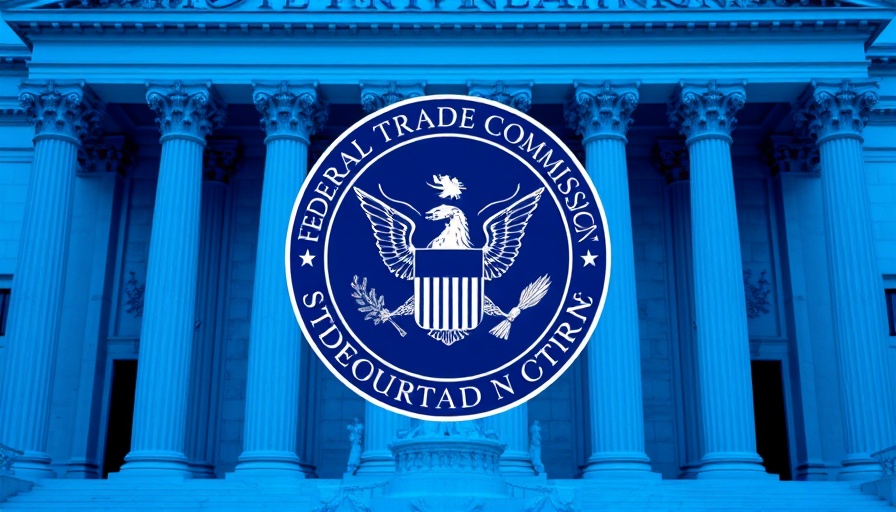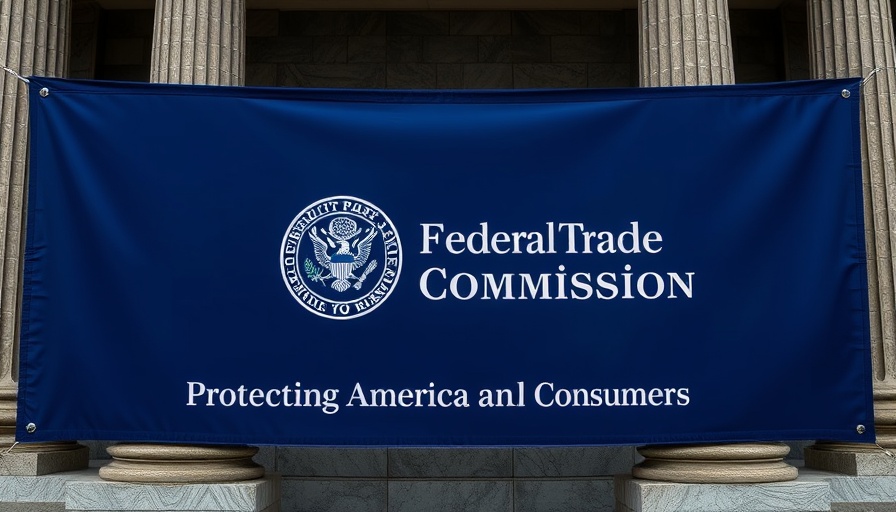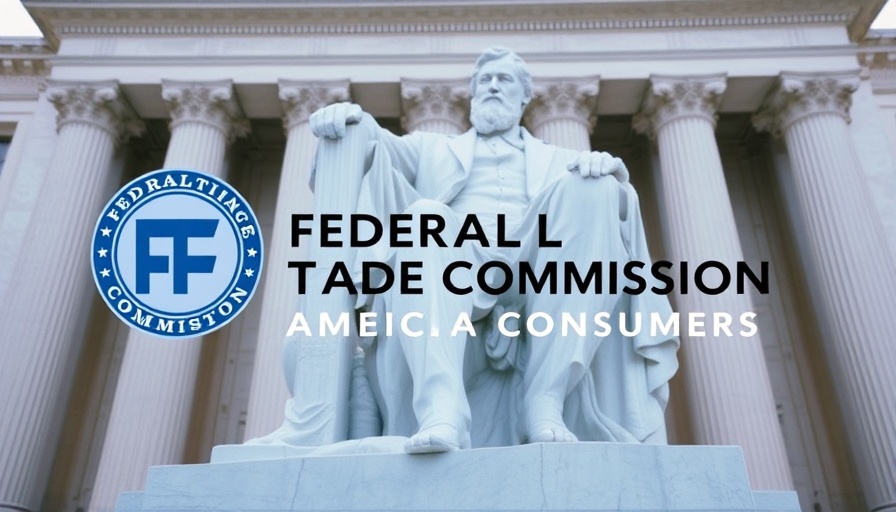
FTC's Staunch Opposition to Indiana Hospital Merger Reveals Serious Concerns
The Federal Trade Commission (FTC) has reaffirmed its stance against the proposed merger of Union Hospital, Inc. and Terre Haute Regional Hospital, L.P., urging the Indiana Department of Health to reject the hospitals' application for a Certificate of Public Advantage (COPA). The commission's concerns echo previous objections raised in September 2024, highlighting the potential anticompetitive effects of such a merger.
Understanding the COPA Framework and Its Implications
A Certificate of Public Advantage (COPA) is designed to allow state-sanctioned hospital mergers that claim to benefit the public by improving care quality and accessibility. However, the FTC has long argued that such policies can shield potentially harmful mergers from thorough antitrust scrutiny. The merger under consideration could escalate costs for patients, reduce service quality, and depress wages for healthcare workers in Indiana.
Concerns About Market Concentration in Healthcare
The FTC's letter emphasizes that the merger could create a near monopolistic control over hospital services in Vigo County, where the two hospitals are less than six miles apart. The combined entity would dominate with nearly 74% of the commercially insured inpatient hospital services in the area—far exceeding thresholds that typically raise antitrust alarms. With inadequate evidence to prove that consumer benefits would outweigh these competitive risks, the merger poses substantial threats to local healthcare.
Historical Context of Similar Mergers and COPA Laws
Historically, COPA agreements have facilitated problematic mergers that have led to increased inpatient prices and declining quality of care, as seen in states such as Tennessee and North Carolina. The FTC's insight into these past mergers raises a cautionary tale for Indiana, where the unitary healthcare landscape is already struggling with high healthcare costs.
The FTC's Broader Implications on Healthcare Mergers
The FTC has taken a clear stance against COPAs, actively seeking legislation changes that enhance competitive practices in healthcare. Since the inception of COPA laws, the commission has documented concerning trends in pricing and access to care, suggesting a call to action for state regulators to be more vigilant against mergers that can compromise patient care.
What This Means for Business Brokers and Healthcare Stakeholders
For business brokers and stakeholders in the healthcare sector, understanding the FTC's position is critical. As proposed mergers come under increased scrutiny, they must navigate these regulations carefully. The commission's opposition signifies that not all mergers will be treated equally, and thorough due diligence will be paramount in ensuring compliance and safeguarding competitive practices.
Join the Discussion on the Future of Healthcare Mergers
As discussions around healthcare mergers continue, it is essential for those involved in the industry to engage with these critical regulatory developments. The outcome of this proposed merger could significantly affect not just the immediate market in Indiana but the broader landscape of hospital consolidation across the United States.
 Add Row
Add Row  Add
Add 




Write A Comment